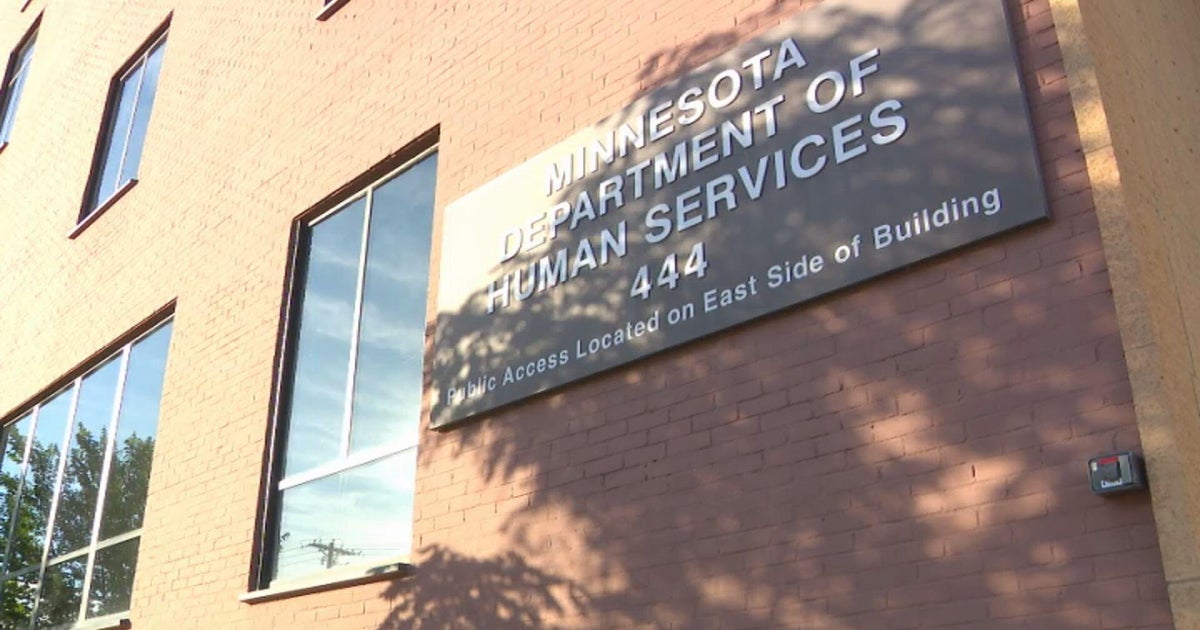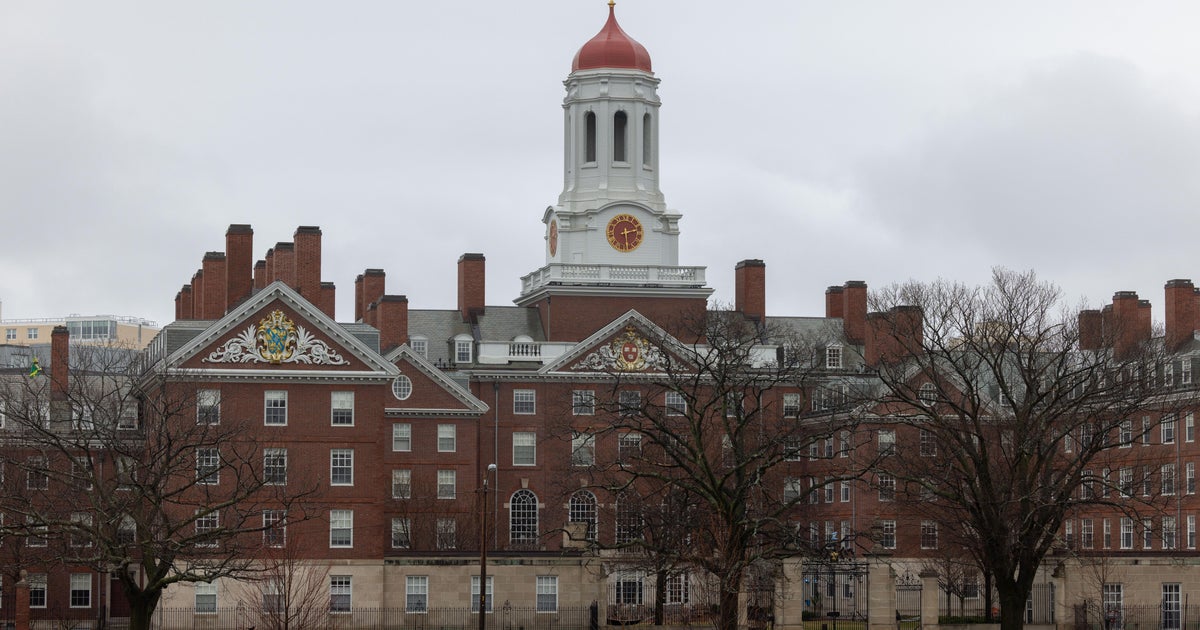Gov. Scott Posts State University Salaries Online
TALLAHASSEE (CBS4)- In the middle of pushing to reform higher education, Governor Rick Scott has posted the salaries of Florida's university employees online, and the move is prompting pushback from faculty.
Although the salary information for all 11 state universities was already publicly available, Scott's office last week took the extra step of compiling the information, putting it into a searchable spreadsheet and posting it online on the "Florida Has a Right to Know" Web site, according to the News Service of Florida.
The site allows Florida faculty and administrators, and anyone else, to easily glimpse the salaries of their colleagues, supervisors and rival academics for the first time.
Salaries of professors vary widely, from the $30,000 a year made by an English instructor at the University of Central Florida to $1.2 million paid to a medical professor at the University of South Florida. The highest professor salaries came primarily from medical school professors at the University of Florida and USF.
The effort to publish university salaries comes during a time that Scott has pressed for changes in higher education, touting an effort in Texas to scrutinize faculty productivity and tenure. This has made some faculty nervous that Scott is publishing salaries as part of a maneuver to galvanize public opinion against university faculty in a push to tie pay to performance, or change other benefits such as tenure.
Scott has also posted the salary information of state employees and information on public employees who receive state pensions worth more than $100,000 a year on the same website.
"Just as salary information for all the Office of the Governor workers and the state agencies are posted online, Florida has right to know about university salaries as well because they are paid for by taxpayer dollars," said Scott spokesman Lane Wright.
But faculty say salaries are not always paid for with state taxpayer dollars.
"My reaction is not a privacy concern, this is public knowledge anyway," said Tom Auxter, a philosophy professor at the University of Florida and the president of the United Faculty of Florida. "But when the governor just publishes this, it makes it look like it is something other than it is."
For example, some professors have part of their salary paid for through endowments or grants, not state funds.
"They are not necessarily all state dollars and it is somewhat misleading as to how the categories are arranged," said University of Florida spokeswoman Janine Sikes.
For instance, the highest-paid professor in the university system is Dr. Neil Fenske, a renowned dermatologist and professor who is paid $1.2 million. But a USF spokeswoman said his salary is mostly paid for through clinic fees from patients. A USF statement said Fenske is considered "one of the nation's leading cancer specialists in melanoma."
Faculty are also concerned the online database will draw attention to the six-figure salaries paid to a few superstar professors and administrators, versus the more typical five-figure salary of an assistant or associate professor.
The database also doesn't include some forms of compensation. Figures posted for university presidents, for example, list just their base salaries and not bonuses. For instance, University of Central Florida President John Hitt made $673,500 in the 2009-10 fiscal year, according to the Orlando Sentinel. The salary database shows his salary was $463,500.
Auxter, the UFF president, said Scott is motivated to cut costs at universities. Toward that end, Auxter said the governor has chosen to "vilify" faculty rather than find new revenue sources.
"(Scott) has boxed himself into a strategy where he has to be constantly claiming to expose government waste," Auxter said. He said professors, on average, make less in Florida than in most other states.
Florida universities are already struggling to keep talented professors in the state, Auxter said, a by-product of tough budget years in which universities have seen funding cut from the state.
"You can't pay the talent you want to keep and the talent you want to attract," Auxter said.
(©2011 CBS Local Media, a division of CBS Radio Inc. All rights reserved. This material may not be published, broadcast, rewritten, or redistributed. The News Service of Florida contributed to this report.)







